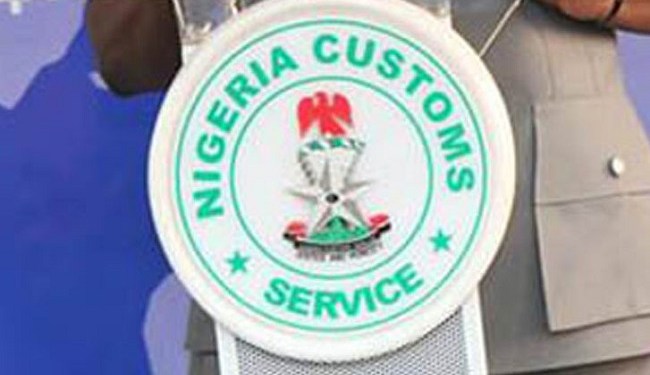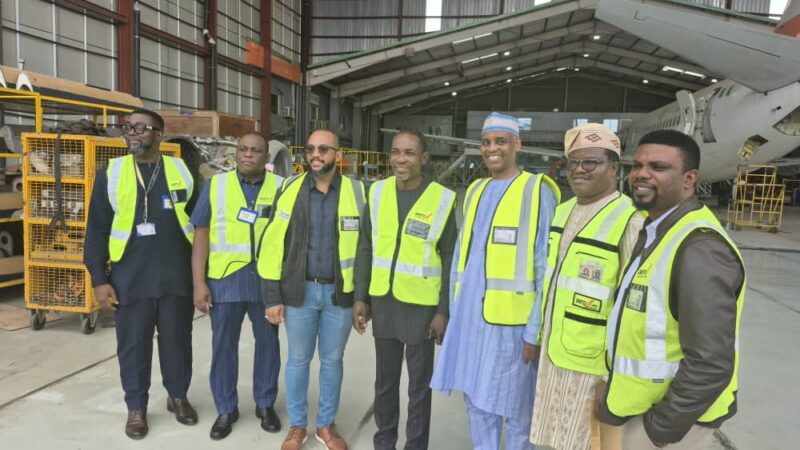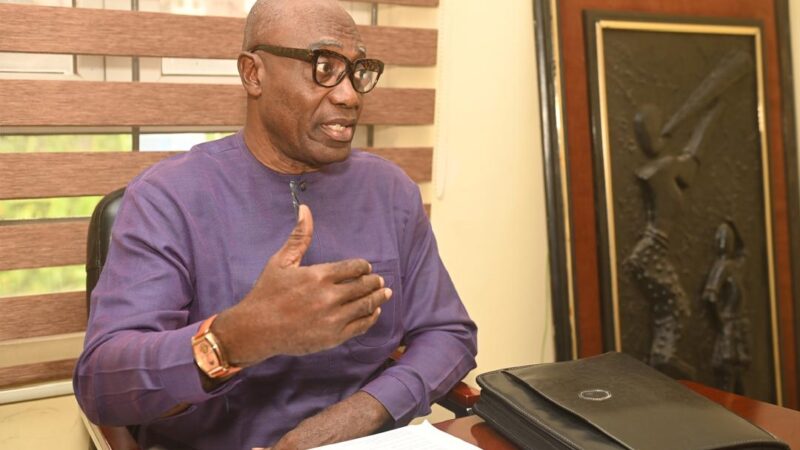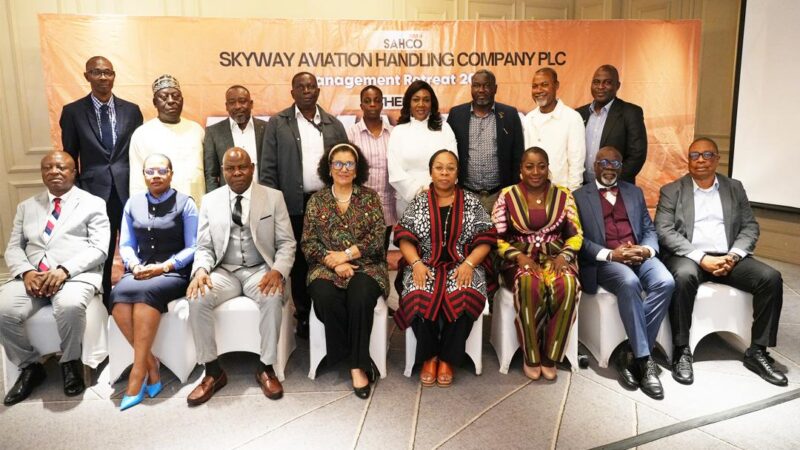Nigeria Customs Commences Pilot Phase of Form M Processing on B’Odogwu Trade Portal

The Nigeria Customs Service (NCS), in a significant stride towards modernising Nigeria’s trade facilitation framework, has successfully launched the pilot phase of processing Form M through its newly introduced B’Odogwu Trade Portal.
This innovation, integrated into the Unified Customs Management System, marks a milestone in the Service’s continued drive for digital transformation and efficiency enhancement.
According to a press statement issued on Monday by the National Public Relations Officer, Assistant Comptroller Abdullahi Maiwada, the pilot phase is currently active across all Customs Commands, following initial deployment at three strategically selected sites—Port and Terminal Multiservices Limited (PTML), Tin Can Island Port, and Apapa Area Command.
“These locations were chosen to provide a controlled environment for rigorous monitoring, stakeholder engagement, and comprehensive performance evaluation,” Maiwada stated.
During the pilot’s early implementation, a total of 544 Form M entries were processed. Of these, 283 were successfully registered, 10 validated, and 26 stored for further action.
Additionally, 41 forms were submitted, 120 returned for corrections, 11 queried, 14 had their Pre-Arrival Assessment Reports (PAARs) locked, and 39 were recommended for approval.
In terms of PAAR generation, the NCS reported the creation of 37 reports from the processed Forms M. From these, 7 were registered, 12 had their Single Goods Declarations (SGDs) processed, 2 were fully approved, 8 recommended for further review, 4 submitted for processing, and 4 queried.
These figures, the Service noted, affirm the operational capacity of the B’Odogwu system to handle live trade documentation from end to end.
The NCS emphasised that the successful rollout of the pilot represents the beginning of a broader national transition to the B’Odogwu platform, aimed at streamlining customs documentation, improving transparency, and expediting cargo clearance timelines.
To that end, all carriers—including shipping lines and airlines—have been urged to commence transmission of manifests to the B’Odogwu platform. Financial institutions and traders are also being advised to ensure readiness for the full-scale deployment that lies ahead.
The Service credited this transformation to the strategic leadership of the Comptroller-General of Customs, Bashir Adewale Adeniyi, MFR, noting that the current administration remains committed to leveraging technology in pursuit of trade facilitation, revenue optimisation, and national development.
The B’Odogwu platform is poised to become a central pillar in the trade documentation landscape, offering a more transparent, automated, and efficient processing experience for stakeholders across the import-export value chain.







